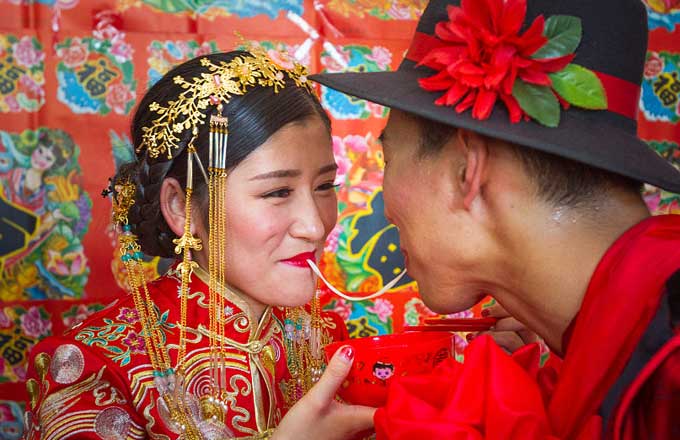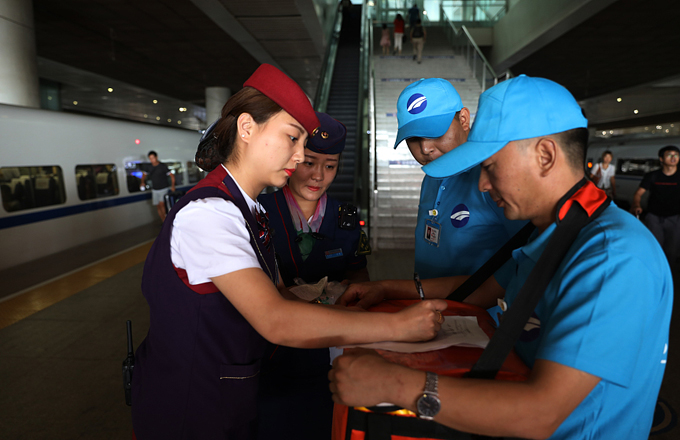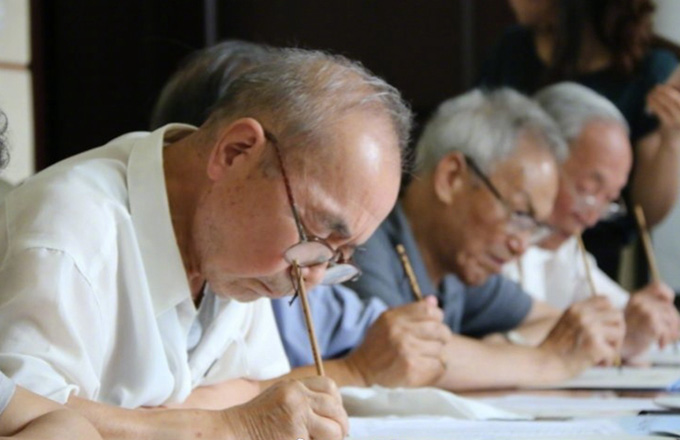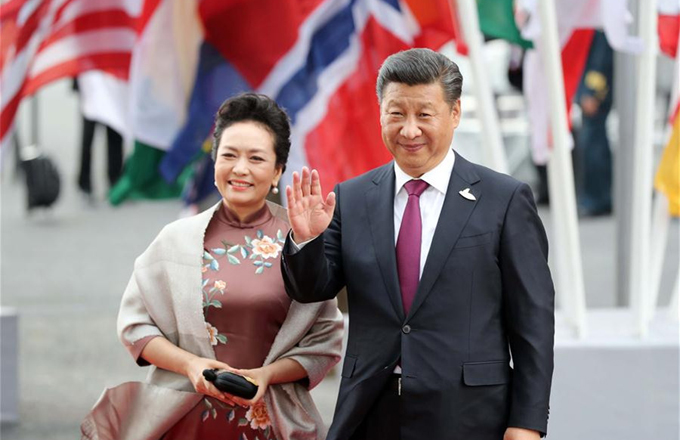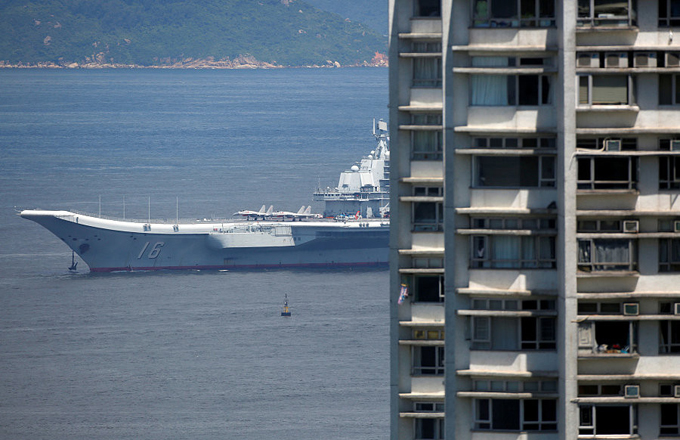Drug-related crimes on the rise in Xinjiang
In November, the Urumqi Intermediate People's Court gave a man from Tajikistan a death sentence with a two-year reprieve for drug trafficking. He swallowed 420 grams of heroin wrapped in condoms in Tajikistan in 2011 and entered Kashgar in southern Xinjiang. He then flew to Urumqi but was arrested after landing.
In 2009, a British man was given a lethal injection in Urumqi for carrying about 4 kg of heroin to the region in 2007. Under Chinese law, smuggling more than 50 grams of heroin can be punishable by the death sentence.
"We are extra careful about cases involving foreign suspects because every case could become a diplomatic issue," Hou said.
He said that judging by recent cases, terrorists have started to get involved in drug trafficking.
"Some drug organizations in nearby countries have military and even terrorist backgrounds. Such organizations use drug money to finance terrorist activities. The route of terrorists entering Xinjiang is the same as that of the drug traffickers. Some terrorist attacks in southern Xinjiang might be financed by drug money," Hou said.
The latest terror attack was carried out by a group in Selibuya, Kashgar prefecture, in April, leaving 15 people dead.
Police found 20 explosive devices, a large amount of bomb-making equipment, knives, combat training material, illegal extremist religious pamphlets and three jihadist flags.
Yuan Qin, also a presiding judge at the high court, said that apart from the usual drug-smuggling methods, such as internal concealment, ways in which drugs are carried have become more surprising and difficult to detect.
"Some put drugs in thin tubes and hide them in the wool of carpets, while others dissolve drugs in paper pulp and use the mixture to make packages to cheat the inspection system," he said.






